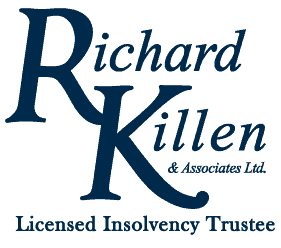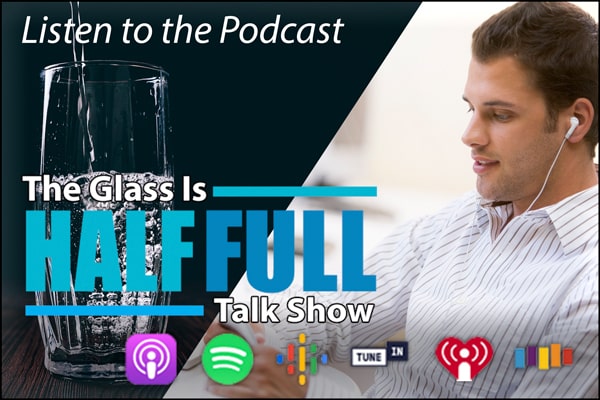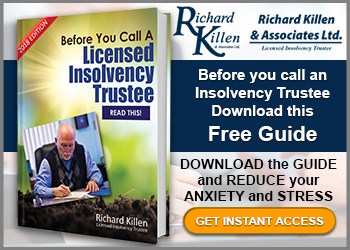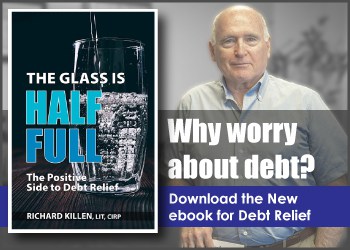What Debt Do You Pay First During a COVID-19 Financial Emergency?
Posted on: April 14, 2020Posted in Advice from Richard, Budgeting, Debt Counseling | Comments Off on What Debt Do You Pay First During a COVID-19 Financial Emergency?
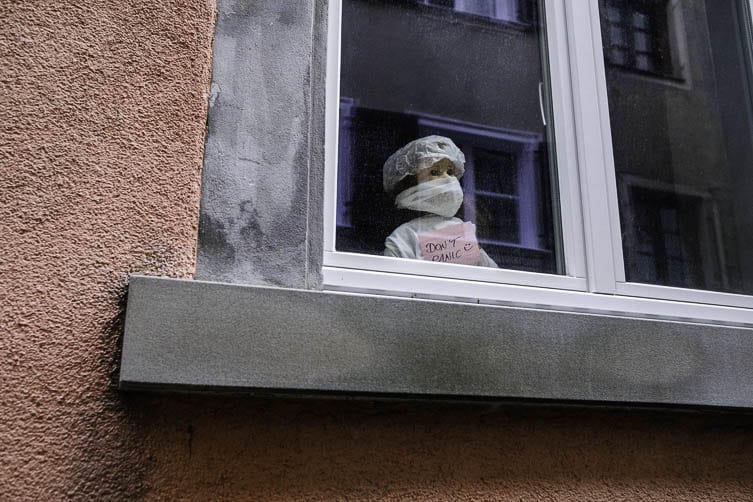
The world has been brought almost to a stop as we focus on fighting the spread of the coronavirus. Throughout Canada, we see business after business shut down and hundreds of thousands of people laid off. Some closures may be temporary, for some it may be permanent as they may not be able to recover after the crisis has abated.
While these closures may be necessary to deal with the virus, there are significant financial consequences to individuals and families. For Canadians who are living paycheck to paycheck this means that even a temporary reduction is going to cause a lot of problems.
If you are facing unpaid bills during this uncertain time, what debt should you focus on? What bills do you choose to pay first? Here are a few things to consider:
- If you are working, continue paying your bills and debts on time. Avoid the deferral programs if you do not need the financial help now, just go on and keep making those payments. If nothing else, make sure to make at least your minimum payments to avoid late charges, penalties, and potential negative hits to your credit.
- If you have been laid off or expect to be out of work in the coming weeks, you may need to look at prioritizing payments.
FOCUS ON HIGH PRIORITIES
High priority debts are generally the bills where a service will be shut off or an asset is in danger of repossession.
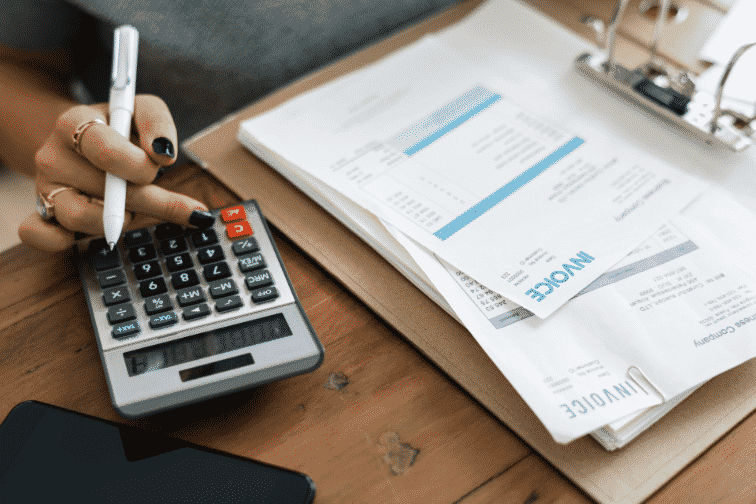
Utilities
You need to pay your utility bills to keep the lights on, the water running, and the gas line open especially during the lockdown period and you have to stay at home. These bills are top priority so you can keep your home safe and healthy in these unreliable times.
If you receive your hydro bill, and fear you cannot make the payment for the coming months, you may be protected by the disconnection ban, at least until July 31.
In Ontario, the Ontario Energy Board (OEB) has implemented protective measures that prohibits all electricity distributors in the province from disconnecting power because of non-payment until July 31. There will also be a rollback on electricity rates as part of cost-saving measures in response to the coronavirus outbreak.
To find out if you are covered by the disconnection ban and the rollback on electricity rates, read the full details here.
Communication Bills
You may also want to prioritize your cell phone bill and internet bill especially in the lockdown period or if you are self-quarantining at home. These will be major channels for you to be able to access information about what’s happening globally and stay in touch with family and friends, so keep paying them to keep the lines open.
Rent

Your home has become your greatest protection against COVID-19. If you are one of the 33% of Canadian households who are renting their homes, understandably you will want to focus on paying your rent as high priority. If you’re struggling to make the rent owing to the impact of coronavirus, don’t panic. Several provinces, including Ontario, Nova Scotia and New Brunswick have already issued temporary bans on evictions. This means you won’t be kicked out for as long as the eviction ban is in effect, although your landlord may still issue a notice of late payment of rent and may file the applications when the court resumes.
If you think you can’t pay your rent this month, the best thing to do is to talk with your landlord. Offer to pay what you can, even if it’s only part of the rent. This will help ensure you are not too far behind when things return to normal.
If this crisis looks like it will last for months, and it may, contact us so we can look at your situation in total and perhaps help you deal with the rent arrears then.
If you are having issues with your landlord, please find more information and resources on our blog’s section for Housing Help.
Our general advice is if you don’t have enough money to pay all of the bills, focus first on paying your utilities and rent before paying the other bills such as credit cards, medical bills, or other unsecured debts. As soon as you can, contact your landlord and service providers and see what they can do to assist you.
SECURED CAR LOANS AND HOMES LOANS
If you are paying a debt that is secured by an asset like your home or your vehicle the debt is classified as a secured debt guaranteed by the asset. This means that there are real consequences for not paying these debts – you risk having your car repossessed if you can’t make car loan payments and you can risk losing your home for nonpayment of mortgages. Hence, these are important, but not very immediate needs, to focus on as well.
What to do If you are falling behind on car payments
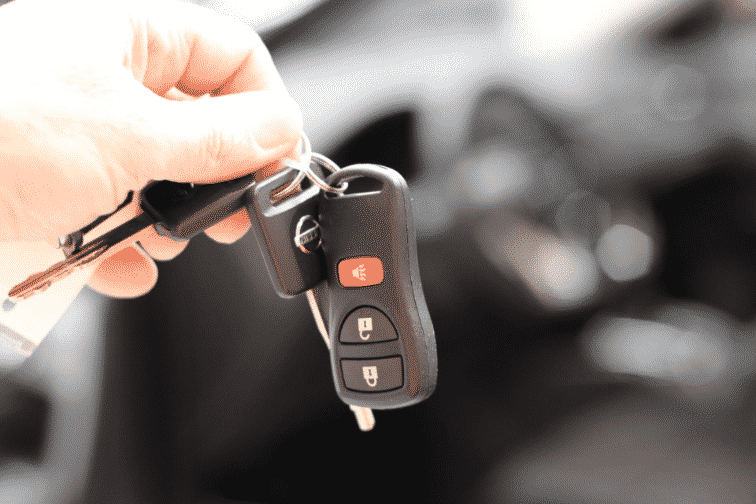
According to Ontario law, if you have been behind on the payments of your car loan, the lender has the legal authority to repossess the vehicle, and sell it to recover the amount you owe them. After the car is sold, if the amount is not enough to cover your car lease you will still have to pay the balance, and the lender could sue you and potentially garnish your wages.
Under normal circumstances, most lenders will not repossess a car until it is delinquent which means no payments have been made for 60-90 days. You can also take comfort in the fact that banks and lenders do not want to repossess your car as it usually entails that they take a financial loss. The repossession of a car is literally taken as the last resort. Hopefully, this will give you time to catch up on any missed payments.
In light of COVID-19 many of Canada’s banks and lending institutions are much more sympathetic to clients whose finances have been impacted by the health crisis and most are providing a deferment of payment on car loans for up to six months. If you see yourself starting to miss payments on your car lease, the best thing to do is reach out to your bank or car lender so they can assess your situation and see how to best help you.
Remember that banks and car lenders greatly prefer to keep the contract going rather than repossess the vehicle or house. They will normally be very willing to work on arranging a payment schedule.
What to do If you are falling behind on mortgage payments

In Ontario, a mortgage lender has the right to take possession of your home using either the power of sale or through a foreclosure if you default on your housing loan.
The good news is Canada’s banks and lending institutions are postponing mortgage payments for up to 6 months for those affected by the current health crisis. This will give you much needed time to catch up on payments.
The most reliable information on your mortgage options can be found at the Government of Canada and CMHC websites.
Another thing to keep in mind, lenders generally never start taking action for a power of sale or foreclosure as soon as you miss a single payment. The process for both is expensive and time consuming. They would rather work out an alternate payment plan to bring your mortgage back into good standing. If you are not able to pay your mortgage, the best advice is to contact your lender directly. They’ll look at your options and come up with a plan that will work best for your financial situation.
It is important to keep secure loan payments current, whether that’s a home loan or a car lease or some other loan that is tied to a valuable asset. If you think you’ll be unable to make an upcoming payment on any of these loans, the first thing to do is to reach out to your lender before you miss the payment and find out about deferrals or partial payments that can buy you some time. The key is to keep the loan on track so you can keep your assets.
CREDIT CARD DEBTS, MEDICAL BILLS, AND OTHER UNSECURED DEBTS

We do not advise anyone to stop payments on their credit card or other unsecured debts. However, we would put them at or near the bottom of the priority list when you are facing a financial crisis, such as now. The only reason we assess it this way is because there is the least immediate consequence for missing a few payments. With COVID-19 they will likely be the most flexible creditors to deal with. However, don’t ignore them either. If you can’t make a debt payment you should let them know so they won’t think they’re being forgotten or ignored.
In any case, the reality is that you may probably rely on your credit card or lines of credit to meet your immediate needs for food and medication because of your cash flow situation, and so you will have to keep on making payments to keep the credit lines open.
The good news is most credit card lenders are also offering up to six-month deferrals on credit card payments. This will give you time to reach out to your credit card company and possibly negotiate a payment plan that is best for your situation.
If you are worried about the uncertainty of your household finances right now and are having trouble organizing what debt to pay first during this financial emergency, make some priorities:
- Focus on meeting your immediate needs for food and medication
- Give importance to high priority utility bills like hydro, gas, internet
- Pay what you can on your rent or mortgage and talk with your landlord or mortgage lender about deferrals or partial payments.
- Meet the minimum on credit card payments and be very careful about taking on new debt, and if you must, make sure to keep your expenses and balances as low as you can.

If you have a lot of debt and are worried about how your finances can cope in this global pandemic, the best thing you can do right now is to talk with a Licensed Insolvency Trustee. We encourage you to be proactive so you can keep the best options open as long as possible.
We at Richard Killen and Associates continue to be committed to providing you with the best guidance and advice as you battle through this COVID-19 financial emergency. Our phones, emails and video chats remain open, call us at 1-888-545-5365 for a free consultation now.
